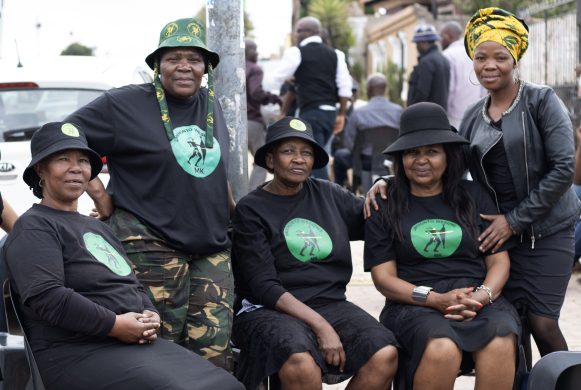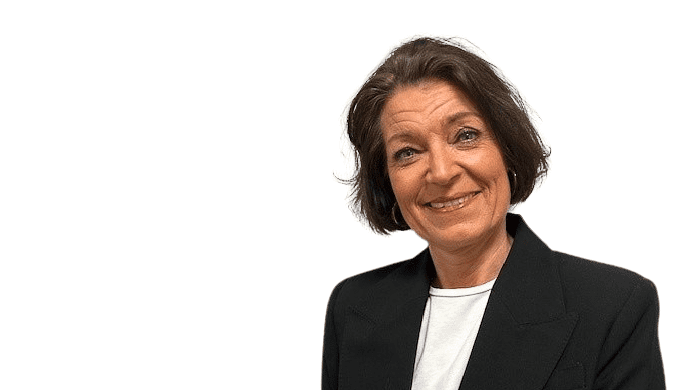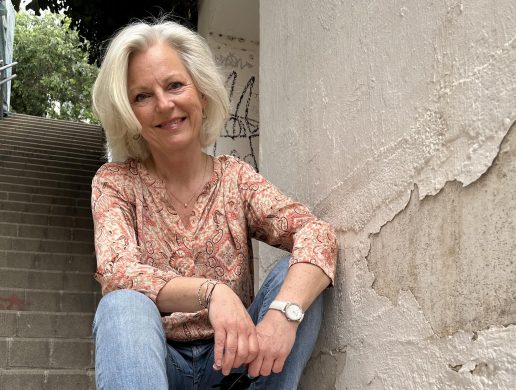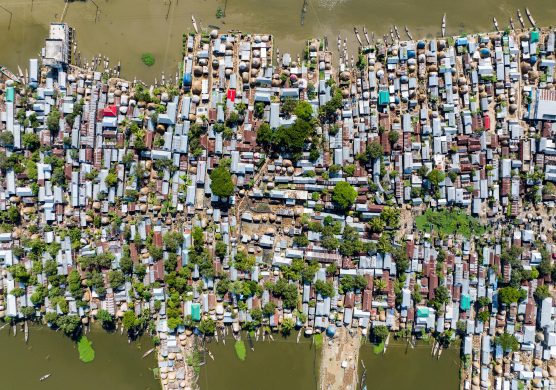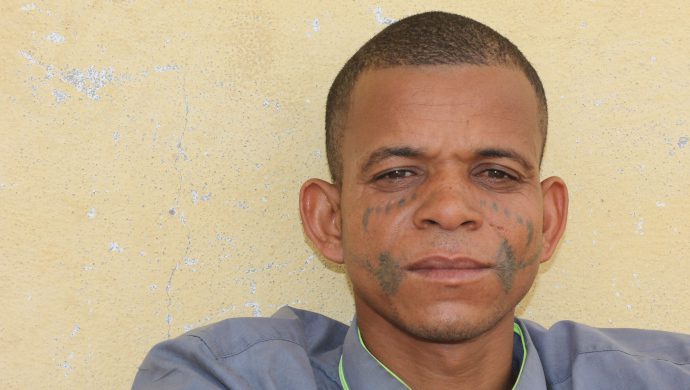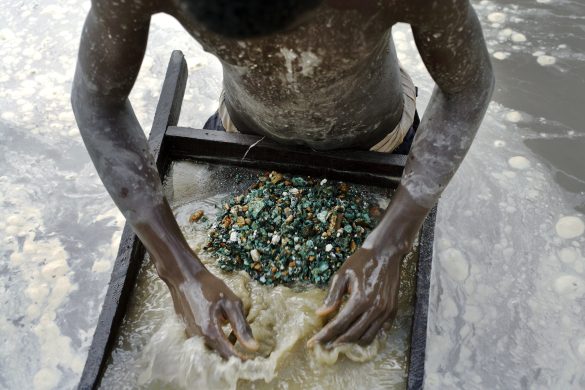NEW YORK, September 14, 2005: World Bank President Paul Wolfowitz today addressed the UN General Assembly at the 2005 World Summit in New York. Here is his speech:
Introduction
Five years ago, a remarkable vision was laid out in this very hall. A vision which spelled progress and hope for humanity. Leaders from rich and poor nations alike made a bold promise to make history in the fight against hunger, poverty and disease.
The Millennium Development Goals (MDGs) created a metric of accountability for which humanity will hold us answerable. It also placed in our hands a vital tool for measuring progress.
But measurement alone will not bring results.
Rapid progress has put many countries on track to meet the MDGs. But let us be honest. Many of the poorest countries, especially in sub-Saharan Africa, will not meet the targets on time. We must develop realistic plans to get them on track.
It is time to deliver.
This calls for developing countries to improve performance and developed countries to fulfill their promise to increase aid.
It calls for dismantling trade barriers and ending subsidies that hurt farmers and small businesses.
And it calls for strengthening the private sector and encouraging a vibrant civil society in developing countries.
Rich and poor countries alike share a responsibility to fight corruption, and improve governance and accountability.
The Story of Beatrice Gakuba
In Rwanda I met a remarkable woman whose hard work and determination symbolize the talents and dreams of millions of Africans.
Beatrice Gakuba left a comfortable life in the West to start a flower-growing business in her native Rwanda. Against enormous odds, her small farm grew, creating jobs for nearly 200 rural women.
When I asked Beatrice why she decided to take on such a daunting challenge, she replied “I came here to grow beautiful flowers on the ashes of genocide.”
Her biggest obstacle to creating even more jobs is not a lack of skilled workers or entrepreneurial spirit; it is a weak infrastructure that makes electricity unreliable and transportation unaffordable.
Through sound policies, Rwanda has come a long way from its years of pain and conflict, averaging more than 6 percent annual growth. Some other African countries are on the right track. But to transform Africa into a continent of hope, they need our help.
Conclusion
The responsibility for doing more and doing better cannot be left to the developing world alone. It demands more than high profile summits. It demands urgent results.
The World Bank is developing an Africa Action Plan with 25 initiatives to improve education, roads and power, with measurable goals.
Today, we have a choice.
We promised here five years ago, to help bring hope, dignity and opportunity into the lives of the poorest. We promised to measure and achieve results.
As we gather here today, let us not forget the Beatrice Gakubas of the world, who stand poised to transform their countries.
Today, we stand accountable to them.
Kilde: www.worldbank.org








